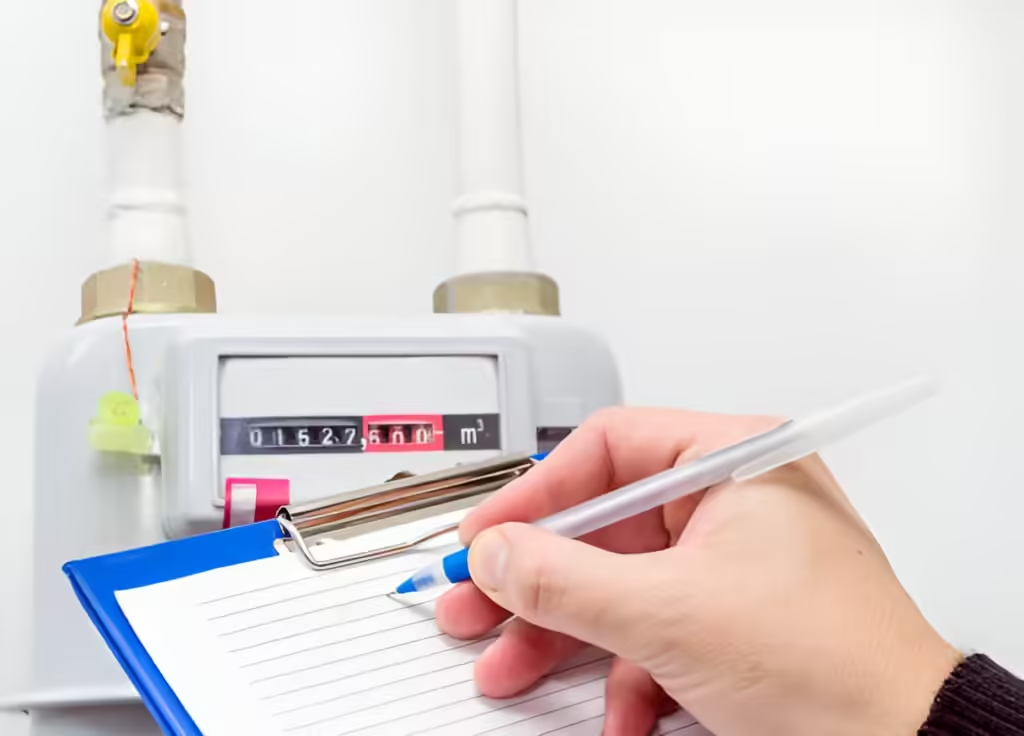Welcome to the world of HVAC systems, where comfort meets technology! Have you ever heard of a vacuum pump? This fascinating little device is crucial in keeping your heating and cooling systems running efficiently.
By removing air and moisture from the refrigerant lines, the vacuum pump helps ensure your home stays at the perfect temperature all year round. Are you curious to learn more about how this unsung hero works and why it’s essential for your HVAC system? Keep reading to uncover the magic behind vacuum pumps and their benefits!
What Is a Vacuum Pump?
A vacuum pump is like the heart of your HVAC system. It helps remove air, moisture, and other unwanted gases from the system. Without it, your HVAC system wouldn’t function properly.
Imagine trying to keep your home cool with a bunch of air bubbles and moisture trapped inside your AC unit. That’s where the vacuum pump comes in – it makes sure your system is clean and ready to do its job.
Why Is a Vacuum Pump Important?
You might not see it, but the vacuum pump plays a crucial role in keeping your HVAC system efficient. When your system is installed or serviced, the vacuum pump removes all the air and moisture from the lines. If moisture or air is left in the system, it can cause a lot of problems, like reducing cooling efficiency or even damaging the components.
Think about it like this: when you want to drink from a straw, you expect a smooth flow. But if the straw has air bubbles or blockages, you have to work harder to get a sip. Similarly, your HVAC system has to work harder if there’s air or moisture inside, leading to higher energy bills and potential breakdowns.
How Does a Vacuum Pump Work?
The vacuum pump works by creating a vacuum, or a space, within the HVAC system. It sucks out the air and moisture, leaving the system free from contaminants. The process usually takes a few minutes to an hour, depending on the size and complexity of the system.
During maintenance or installation, a technician will connect the vacuum pump to the system using an HVAC pump and hoses. The pump then pulls out all the unwanted elements, ensuring your HVAC system is ready to perform at its best.
What Happens Without a Vacuum Pump?
Skipping the vacuum pump step is a big no-no. Without it, your HVAC system would be filled with air and moisture, leading to a host of problems.
You might notice that your system isn’t cooling or heating as it should. In the worst cases, it could even lead to compressor failure, which can be expensive to fix.
Not to mention, the overall lifespan of your HVAC system could be shortened. It’s like running a marathon with a rock in your shoe-sure, you can keep going, but you’re doing more harm than good.
The Unsung Hero – Vacuum Pump in Your HVAC System
In conclusion, the vacuum pump is an essential component of your HVAC system that ensures efficiency and longevity. By removing air and moisture from the refrigerant lines, it enables your system to operate smoothly and effectively.
Neglecting this vital step can lead to higher energy bills, reduced performance, and costly repairs. Remember, the next time your HVAC system is serviced, appreciate the crucial role that the vacuum pump plays in maintaining a comfortable climate in your home all year round.
Also Read – Understanding Cavity Removal Without Anesthetics: What to Expect
